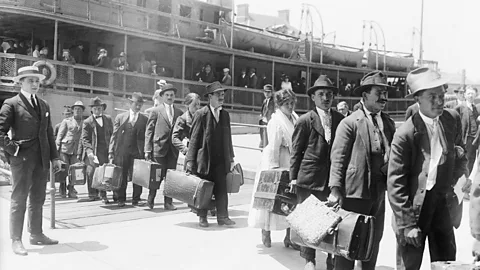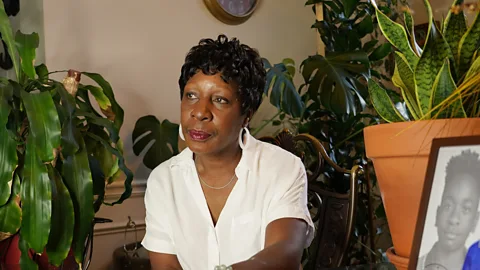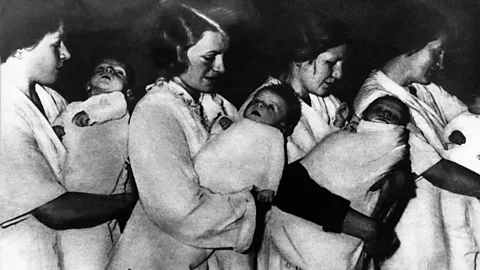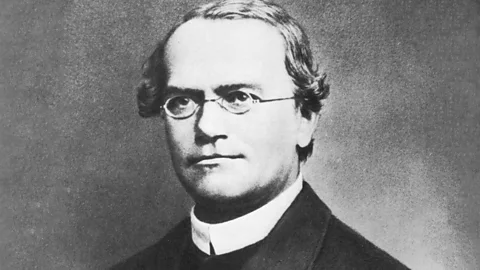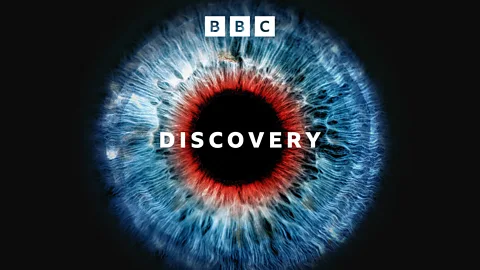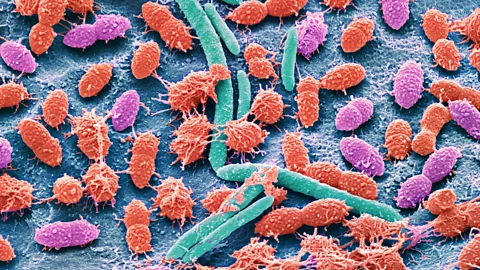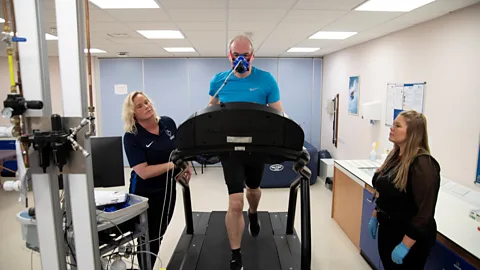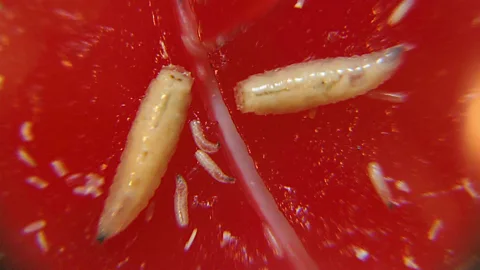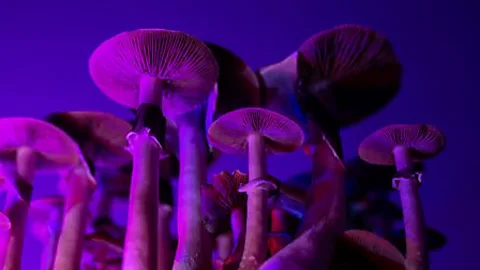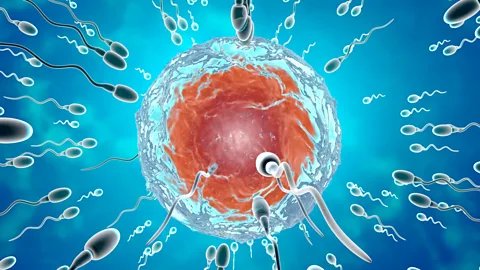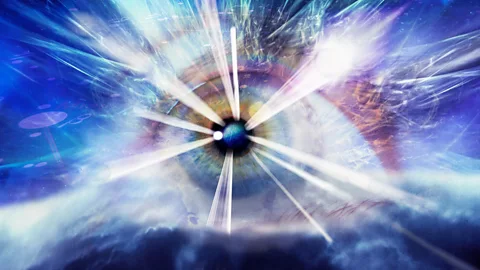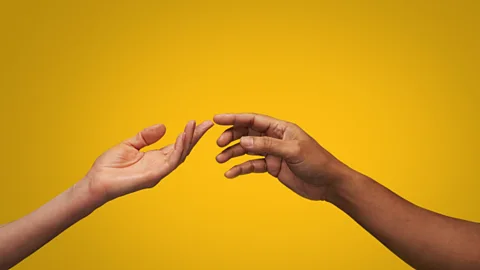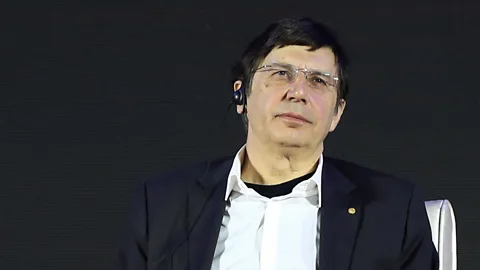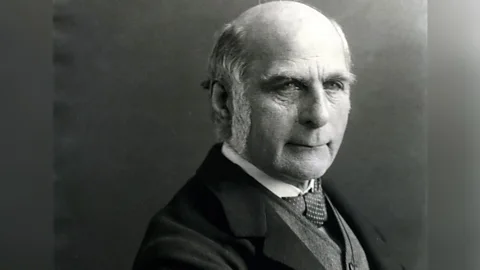
Discovery
Discovery
Bad Blood: You've got good genes
Up next
January 16, 2023
28 minutes
Available for over a year
We follow the story of eugenics from its origins in the middle-class salons of Victorian Britain, through the Fitter Family competitions and sterilisation laws of Gilded Age USA, to the full genocidal horrors of Nazi .
Eugenics is born in Victorian Britain, christened by the eccentric gentleman-scientist Sir Francis Galton. It’s a movement to breed better humans, fusing new biological ideas with the politics of empire, and the inflexible snobbery of the middle-classes.
The movement swiftly gains momentum - taken up by scientists, social reformers, and even novelists as a moral and political quest to address urgent social problems. By encouraging the right people to have babies, eugenicists believed we could breed ourselves to a brighter future; a future free from disease, disability, crime, even poverty. What, its proponents wondered, could be more noble?
The story culminates in the First International Eugenics Congress of 1912, where a delegation of eminent public figures from around the world gather in South Kensington to advocate and develop the science – and ideology – of better breeding. Among them Winston Churchill, Arthur Balfour, the Dean of St Pauls, Charles Darwin's son, American professors and the ambassadors from Norway, Greece, and .
But amidst the sweeping utopian rhetoric, the darker implications of eugenic ideas emerge: what of those deemed 'unfit'? What should happen to them?
Contributors: Professor Joe Cain, Daniel Maier, Professor Philippa Levine, Professor Angelique Richardson
Featuring the voices of David Hounslow, Joanna Monro and Hughie O'Donnell
(Photo: Francis Galton (1822-1911), British man of science born in Sparkbrook (England). Ca. 1890. Credit: adoc-photos/Corbis/Getty Images)

